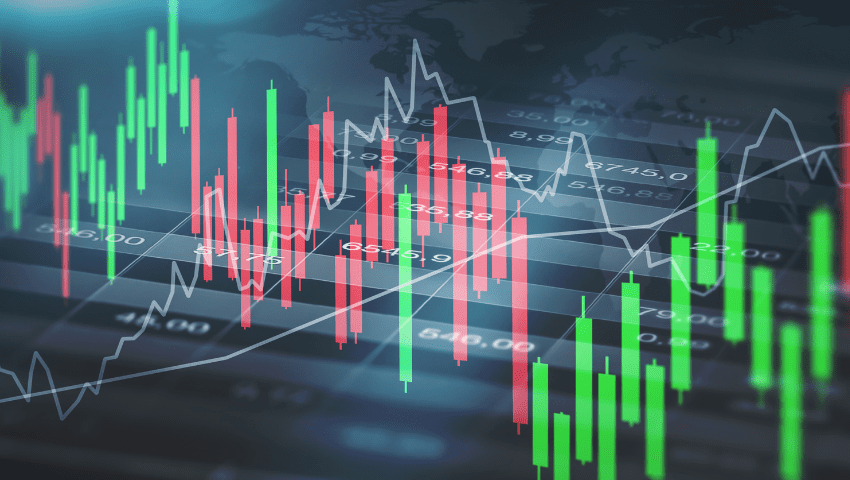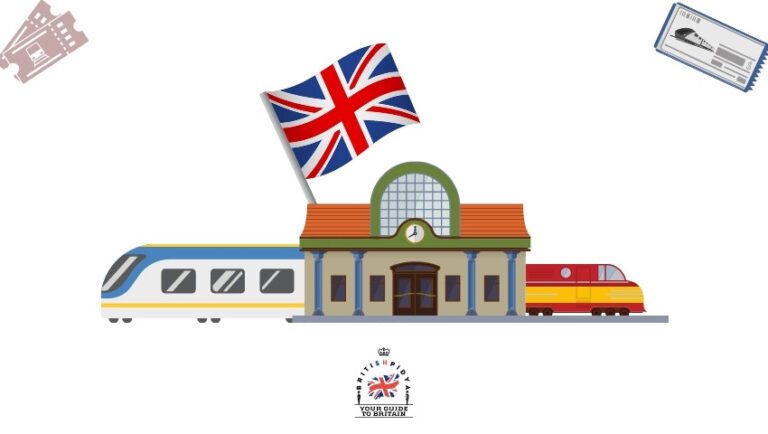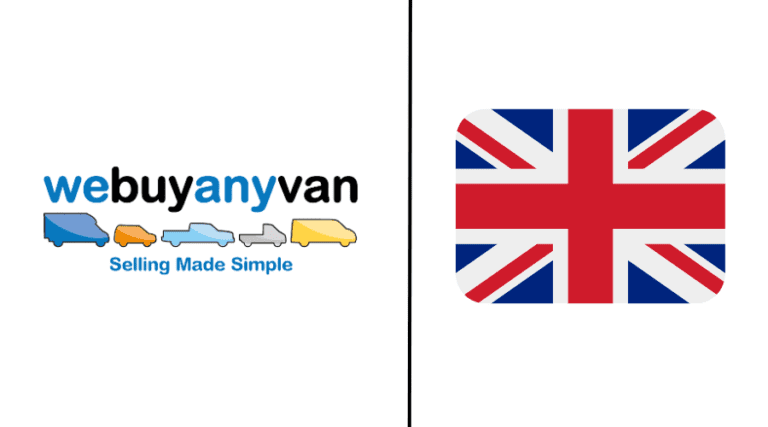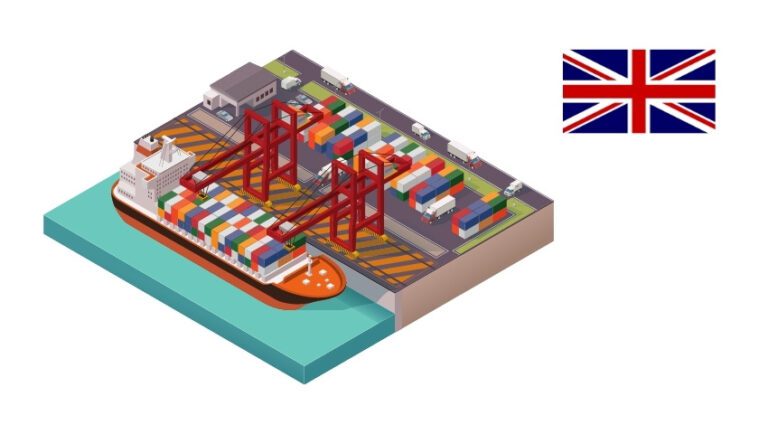UK Stock Exchange: A Comprehensive Overview 2023
Trading Mechanisms
There are two primary trading mechanisms on the UK stock exchange:
- Order-driven trading system: This system matches buy and sell orders based on price and time priority.
- Quote-driven trading system: In this system, market makers quote buy and sell prices for shares, facilitating liquidity and trade execution.
Market Participants
Various market participants interact on the UK stock exchange:
- Retail investors: Individuals investing in shares for personal financial growth
- Institutional investors: Organizations like pension funds and hedge funds that invest on behalf of their clients
- Brokers and market makers: Intermediaries who facilitate trading and provide liquidity in the market
Key Market Indices
The UK stock exchange is home to several widely followed market indices:
- FTSE 100 Index: Tracks the 100 largest UK-listed companies by market capitalization
- FTSE 250 Index: Represents the performance of the 101st to the 350th largest companies
- FTSE SmallCap Index: Focuses on smaller companies not included in the FTSE 100 or FTSE 250
- FTSE All-Share Index: A comprehensive index that covers around 98% of the UK market capitalization, encompassing the FTSE 100, FTSE 250, and FTSE SmallCap indices
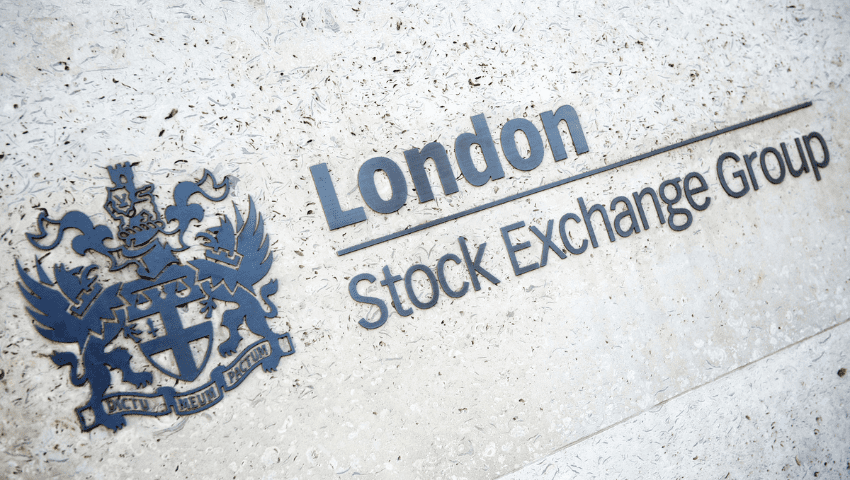
Investing in UK Stocks
Benefits of Investing
Investing in UK stocks can offer several advantages:
- Diversification: Exposure to different sectors, geographical regions, and currencies
- Dividends and capital gains: Potential for income and growth through dividends and share price appreciation
Risks Involved
There are inherent risks in investing in UK stocks:
- Market risk: The possibility of losses due to fluctuations in the stock market
- Currency risk: The impact of exchange rate movements on investment returns for investors in other currencies
Investment Strategies
Investors can employ various strategies when investing in UK stocks:
- Active vs. passive investing: Actively managed funds aim to outperform the market, while passive funds track specific market indices
- Fundamental and technical analysis: Methods used to evaluate stocks and make informed investment decisions
Technological Advancements and Impact on the UK Stock Exchange
Technology has significantly influenced the UK stock exchange in recent years:
- Electronic trading: The shift to digital platforms has increased speed, efficiency, and accessibility of trading
- High-frequency trading: The use of algorithms to execute a large number of trades at high speeds, often exploiting minute price discrepancies
- Robo-advisors and algorithmic trading: Automated investment management and trading services based on algorithms and artificial intelligence
Future Outlook and Challenges
The UK stock exchange faces various challenges and opportunities in the coming years:
- Impact of Brexit on the UK Stock Exchange: Brexit has created uncertainty and potential regulatory changes, affecting trading relationships with the European Union
- Market volatility and global economic trends: Geopolitical events, pandemics, and other factors contribute to market fluctuations and can impact the UK stock exchange
- Regulatory changes and their implications: Evolving regulations can affect market participants and the overall trading landscape
- Growing competition from other global stock exchanges: The rise of emerging markets and technological advancements may challenge the UK stock exchange’s position in the global financial market

